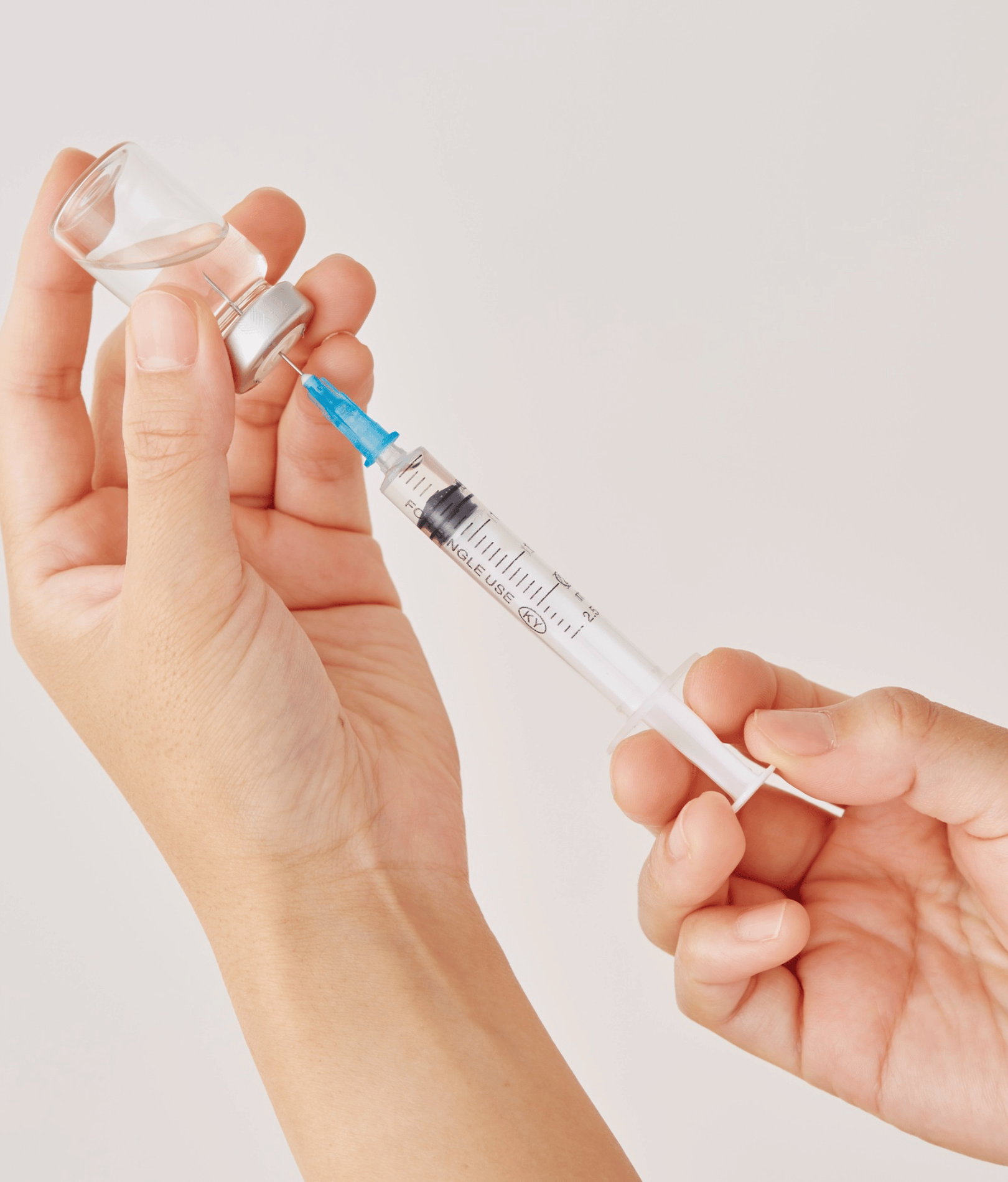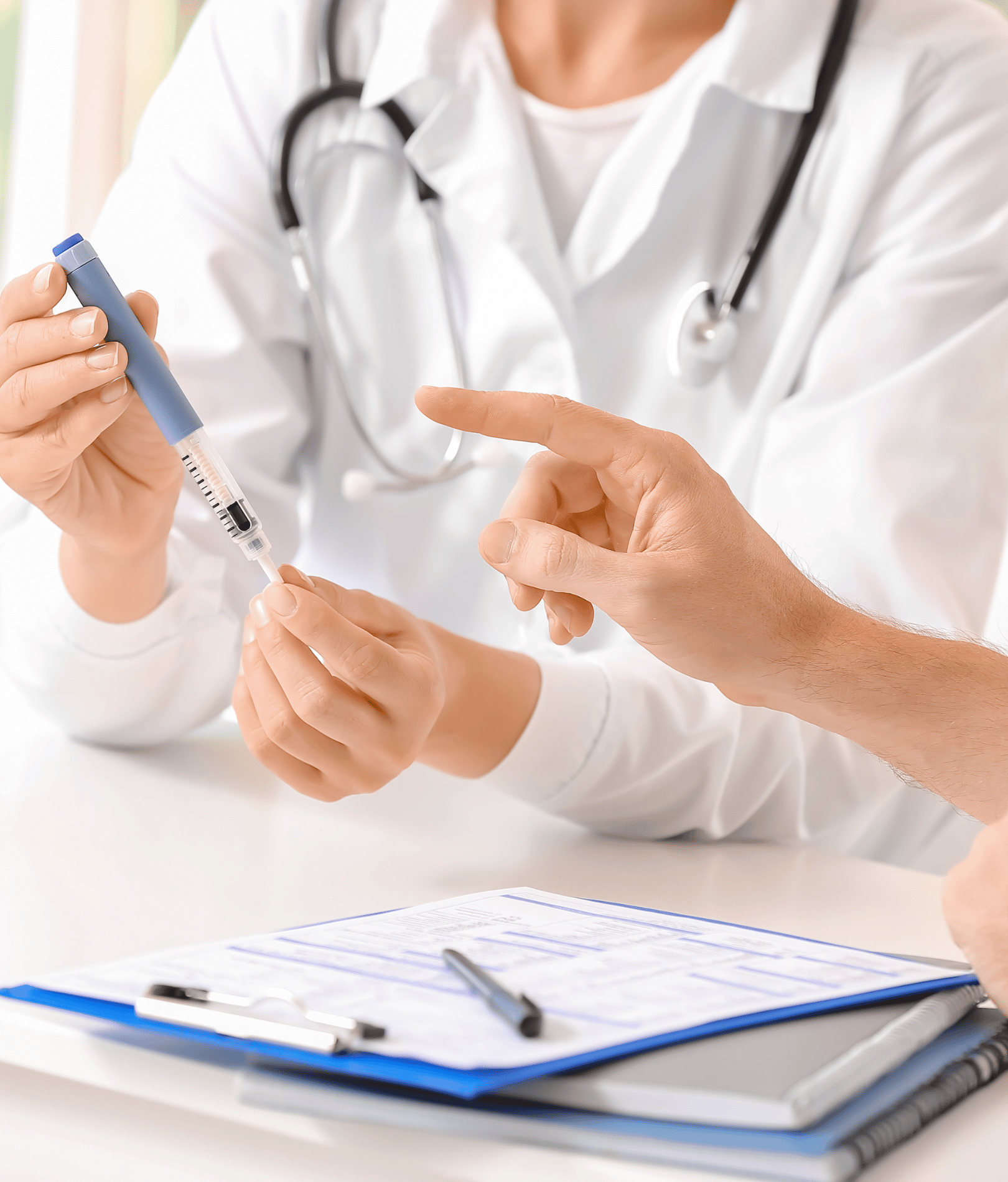Eye Bag Removal in Gangnam, Seoul – Options, Cost, Recovery (For Global Patients)
YAAN Skin Clinic in Gangnam offers high-quality dermatology and aesthetic treatments such as laser resurfacing, thread lifting, Thermage, Ultherapy and injectables—all delivered by experienced doctors. With full English support, detailed consultations, and a central location near Bongeunsa Station, it’s a smart choice for travelers seeking comprehensive skin care in Seoul.
What Is “Eye Bag Removal”?
Eye bags form when lower-lid fat pads protrude and skin/ligament support weakens. In Gangnam, treatment ranges from quick non-surgical fixes (fillers, energy devices) to definitive surgical correction (lower blepharoplasty with fat repositioning or removal). The right choice depends on fat volume, skin laxity, tear-trough depth, and your downtime tolerance.
Who Is a Good Candidate?
- Visible lower-lid puffiness or bulging fat pads
- Dark trough/shadow from fat prolapse or ligament tethering
- Mild to moderate skin laxity or fine wrinkles
- Realistic expectations and ability to follow aftercare
- No active eye infection, uncontrolled dry eye, or bleeding disorders
Tip: Under-eye pigmentation alone may need a different plan (tone/vascular treatment) rather than “bag” correction.
Treatment Paths at a Glance
Non-Surgical (fastest recovery):
- Hyaluronic acid filler (tear-trough smoothing)
- Energy-based tightening (RF microneedling, ultrasound, laser)
- Skin boosters / collagen stimulators for texture & fine lines
Minimally Invasive:
- Micro-fat/nano-fat grafting for hollowing + texture support
Surgical (most definitive):
- Lower blepharoplasty (transconjunctival or subciliary)
- Fat repositioning (move fat over the trough) vs fat excision
- Optional skin pinch for extra laxity, and lateral canthopexy for lid support when needed
Non-Surgical Options (When Downtime Is Limited)
Tear-Trough Filler
- Purpose: Camouflage mild bags by lifting the hollow.
- Session time: ~20–30 min; results immediate but refine in 1–2 weeks.
- Longevity: ~9–18 months (varies).
- Downtime: Minor swelling/bruising for a few days.
- Best for: Early puffiness + hollowing; not a replacement for large fat pads.
RF Microneedling / Ultrasound / Laser Tightening
- Purpose: Stimulate collagen; tighten thin lower-lid skin.
- Sessions: Often 2–3+ spaced 4–6 weeks apart.
- Downtime: 0–3 days depending on device.
- Best for: Crepey skin, fine lines; complements filler or surgery.
Skin Boosters / Biostimulators
- Purpose: Hydration and collagen support for texture glow.
- Sessions: Series approach.
- Best for: Quality of skin rather than true fat bags.
Surgical Options (Definitive Correction)
Transconjunctival Lower Blepharoplasty
- Incision inside the lid; no external scar.
- Ideal for: Fat herniation with good skin quality.
- Action: Fat repositioned to the tear trough or partially removed.
Subciliary Lower Blepharoplasty
- Fine incision just under lashes; allows skin pinch and muscle/ligament work.
- Ideal for: Fat + skin laxity and fine wrinkles.
Typical Timeline
- Surgery time: ~45–90 minutes
- Anesthesia: Local with sedation or general (varies by clinic)
- Recovery: Swelling 1–2 weeks; most social downtime ~7–10 days; final refinement 2–3 months
Cost Guide in Seoul (Typical Ranges)
- Tear-trough filler: ~ ₩300,000–₩900,000 per session
- RF microneedling/laser tightening: ~ ₩250,000–₩900,000 per session (device-dependent)
- Micro-/nano-fat grafting (under-eye): ~ ₩800,000–₩2,000,000
- Lower blepharoplasty (fat repositioning/removal): ~ ₩1,500,000–₩4,500,000+ depending on technique, surgeon seniority, add-ons (skin pinch, canthopexy)
Prices vary by case complexity, devices, anesthesia, and surgeon experience. Always request an itemized estimate and warranty/follow-up terms.
Risks & How Clinics Reduce Them
- Bruising/swelling, asymmetry, contour irregularity → choose experienced, eye-area specialists; staged approaches when needed
- Tyndall effect (filler visibility) → deep, conservative placement; appropriate product choice
- Dry eye/ectropion (surgery) → careful lid support, conservative skin removal, canthopexy when indicated
- Pigment changes/scarring (laser/surgery) → proper settings, phototype-aware protocols, sun protection
Recovery & Aftercare (What to Expect)
Non-Surgical: cold compress first 24 hours, gentle skincare, avoid vigorous exercise 24–48 hours.
Surgical: head elevation, cold then warm compress as advised, prescribed drops/ointments, suture care (if subciliary), avoid heavy lifting 1–2 weeks, UV protection.
Follow-ups: early check (2–7 days), then 1–3 months for refinement photos and long-term plan.
Choosing a Gangnam Clinic (Checklist for Global Patients)
- Board-certified plastic surgeon, oculoplastic surgeon, or dermatologist with strong lower-lid portfolio
- Before/after photos for cases like yours (age, skin quality, bag size)
- Clear plan: reposition vs remove fat, skin pinch need, canthopexy criteria
- Anesthesia & safety protocols; emergency coverage
- English support: written plan, aftercare guide, WhatsApp/Kakao contact
- Transparent quote with revision policy and follow-up schedule
Travel Planning Tips
- Ideal stay for surgery: 7–10 days in Seoul for swelling checks and suture care (if applicable)
- Bring recent selfies (front/oblique), medical history, and medication list
- Ask about tax refund eligibility for medical tourists and payment options (KRW cards, FX fees)
- Consider pairing with gentle treatments only; avoid intensive facials or dental work right after lower-lid surgery
FAQs
Will filler make my bags worse?
Done correctly, filler softens the hollow next to the bag. Overfilling or superficial placement can highlight puffiness—choose a conservative, expert injector.
Is fat removal or repositioning better?
Repositioning preserves volume and smooths the trough; selective removal helps when pads are large. Many modern cases combine both.
How long do results last?
Surgery can last many years; aging continues but the “bulge” is usually much improved. Filler/energy treatments need maintenance.
Can I wear contacts or makeup?
Usually after 1–2 weeks for surgery (confirm with your clinic). Non-surgical patients often resume sooner.




